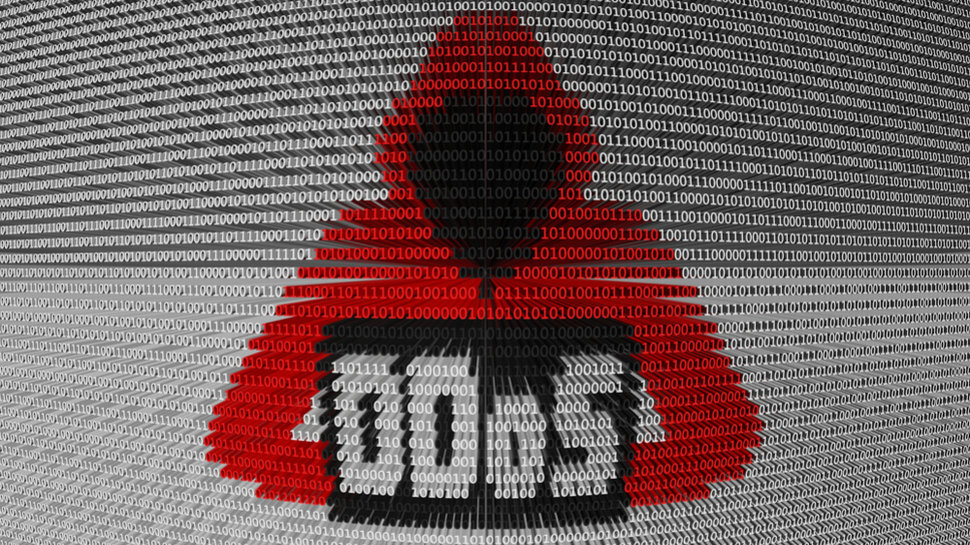European web hosting provider suffers multiple Tbps DDoS attacks
Seemingly random DDoS onslaughts were successfully mitigated

Last weekend, a European web hosting provider with operations around the globe was hit by a number of distributed denial of service (DDoS) attacks.
The attacks peaked at 1.04Tbps, which is about half the largest recorded DDoS onslaught recorded to date, which occured when Amazon’s AWS Shield stopped a 2.3Tbps attack in February 2020.
IaaS service provider Voxility helped mitigate the attacks, which it says lasted around 15 minutes on average. The attacks had 600 different originating source IPs per event and consisted of volumetric UDP flood which a spokesperson for the company said comprised of very large, “UDP packets, DNS amplification, and UDP packets without payload”.
- These are the best DDoS protection service providers
- Check out the best cloud storage providers and the best cloud computing services
- Here’s our list of the best dedicated hosting providers
Tbps DDoS
The geographical origin of the attacks is currently under investigation, but worryingly for service providers, the frequency of these attacks has increased coinciding with the global pandemic. Maria Sirbu, VP of Corporate Communications at Voxility, commented that its service saw up to seven events in August that were higher than 0.7Tbps.
Terabit-size DDoS are nothing new, as French-based OVH, another European web hosting company, was hit back in 2016 by a 0.99Tbps attack driven by a botnet of more than 150,000 compromised devices.
DDoS attacks are one of the easiest ways for criminals to harm companies and organisations, whether as part of extortion attempts or simply to hit them where it matters the most - in goodwill and sales.
Fortunately DDoS protection services exist and are often bundled with web hosting services, either for free or for a small charge; CloudFlare, Google, Microsoft and Amazon are among the better known service providers.
Sign up to the TechRadar Pro newsletter to get all the top news, opinion, features and guidance your business needs to succeed!
- We made a list of the best VPS hosting providers

Désiré has been musing and writing about technology during a career spanning four decades. He dabbled in website builders and web hosting when DHTML and frames were in vogue and started narrating about the impact of technology on society just before the start of the Y2K hysteria at the turn of the last millennium.